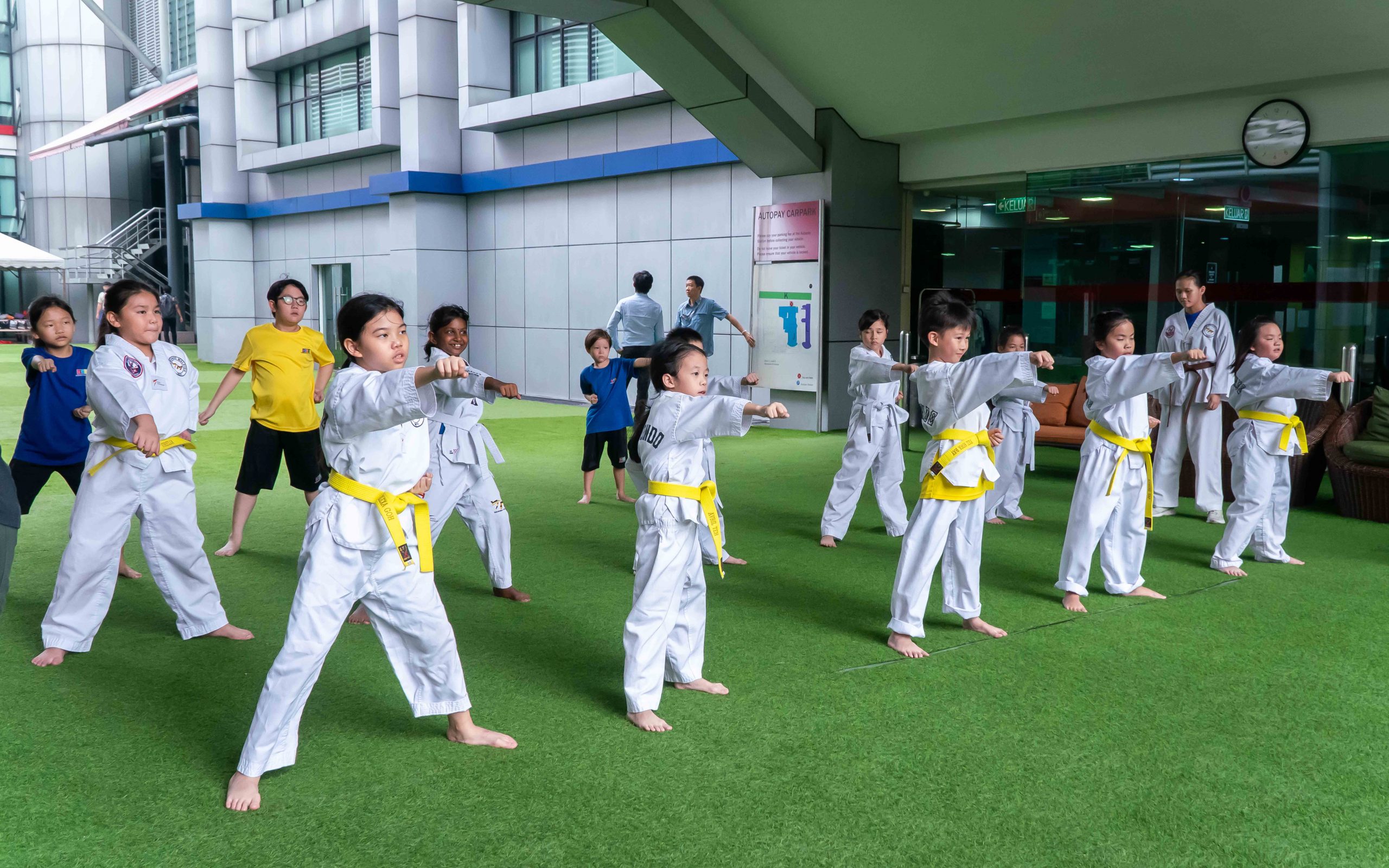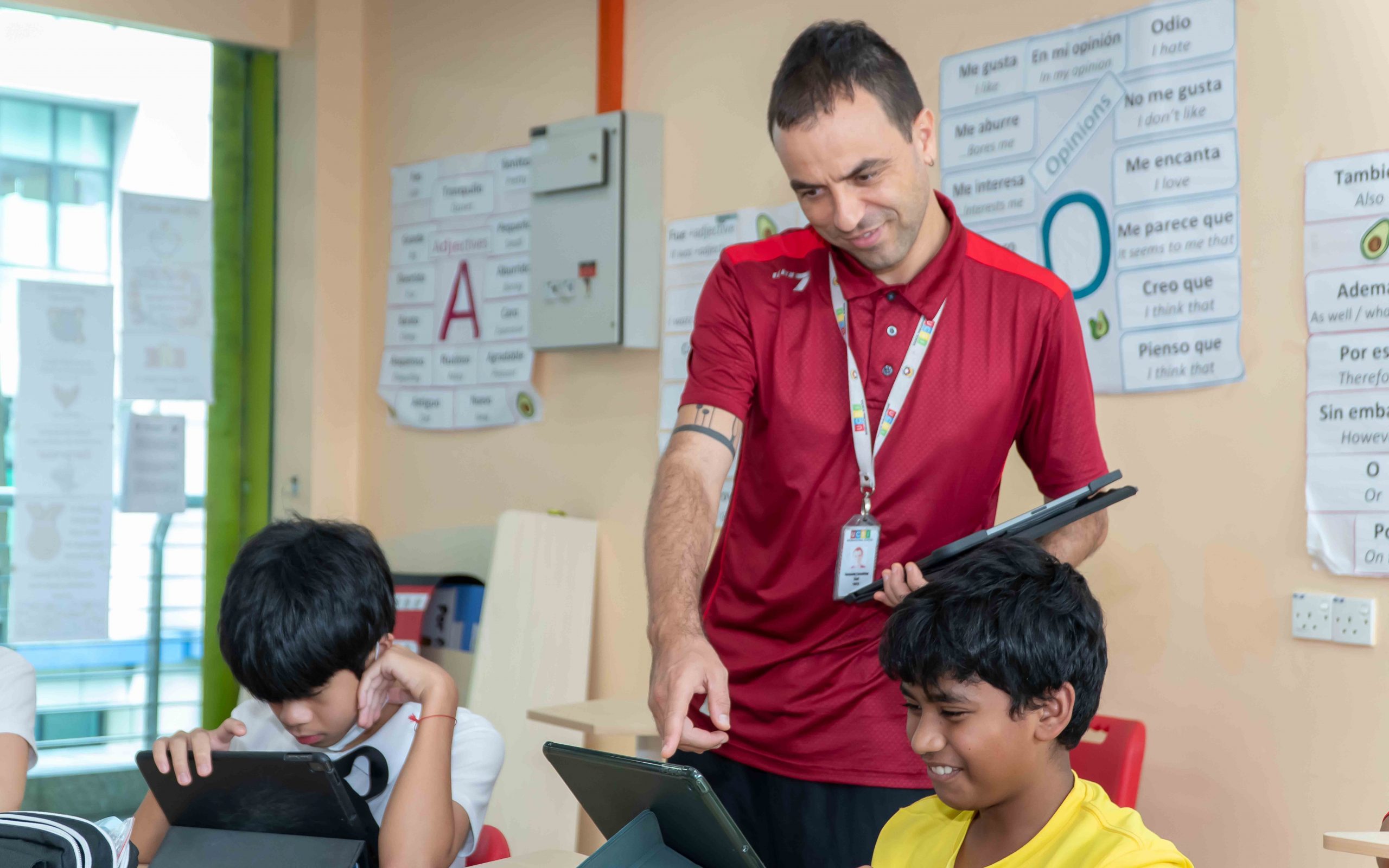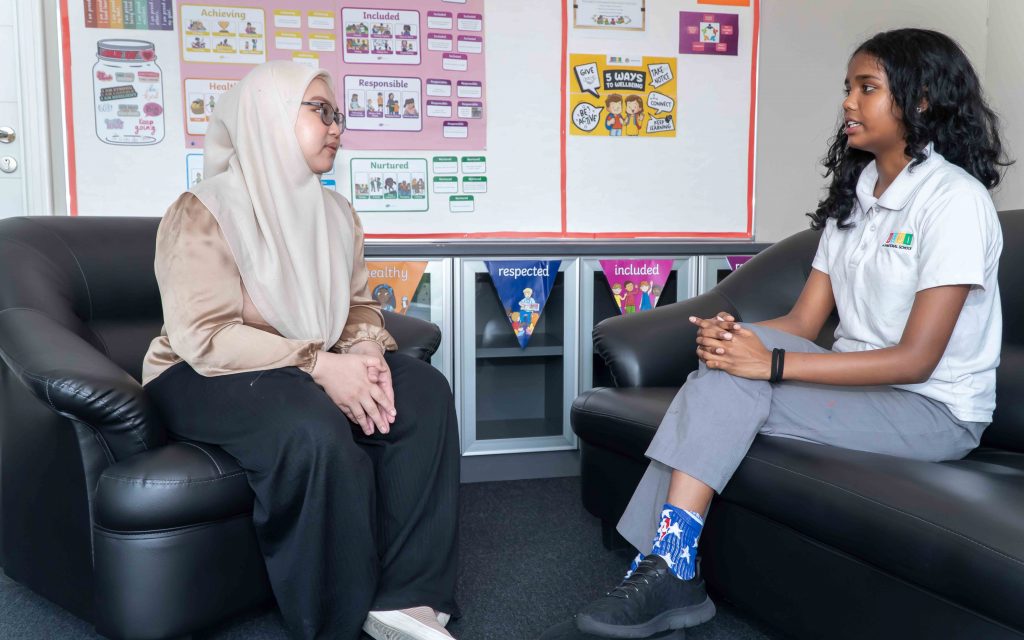Benefits of Multilingualism for Young Learners – A Principal’s Perspective
International schools are vibrant, diverse and inclusive learning communities that welcome families from all over the globe. At UCSI International School Kuala Lumpur (UIS KL), we proudly host over 35 nationalities, creating a harmonious environment where students, families and staff thrive together, which makes it a unique and treasured experience.
However, this diversity brings challenges for young learners who may not be confident in the language of instruction – English – if it is not their native language. Nonetheless, this should not be a concern or a barrier to joining UIS KL.
There have been many academic and professional research that highlights the importance and benefits of multilingualism and translanguaging for young learners throughout their educational journey and we apply them firsthand here at UIS KL as well.

From a practical perspective, bilingualism refers to the ability to speak two languages, while multilingualism involves speaking three or more languages. This does not necessarily mean a high level of proficiency in each language as the complexity and fluidity of multilingualism mean we learn languages contextually and for various reasons. Even if a language is not spoken at a native-like level, it can be acquired through immersion in different contexts and interactions.

Hence, these raise the questions: how does this benefit your child in their further education and future careers? How can it contribute to their resilience and prepare them to be effective communicators? How can UIS KL help your child excel and benefit from this multilingual set?

At UIS KL, we offer extensive English language support and enrichment through a dedicated team of Language Leaders and English as an Additional Language (EAL) teachers. Our team collaborates with other EAL and Home Language teams across the UIS school’s group and other international schools in Kuala Lumpur and beyond. We focus on raising the profile and practical application of home languages and additional language learning, ensuring varied pathways to support our learners. We oversee the development of innovative language programmes, such as our English Immersive Programme (EIP), English Support Programme (ESL) and in-class support, both within the mainstream curriculum and in EIP/EAL support lessons.


Practical tips for encouraging language learning and building confidence include:
- Encouraging children to read books, such as comic books and novels, in different languages.
- Watching movies with subtitles or using different audio languages.
- Journaling in multiple languages.
- Keeping in touch with family members who speak different languages.
Whether your family is monolingual or multilingual, you know what your child needs for their development. Knowledge of languages is a powerful tool that helps children build resilience, stimulate social skills and ignites a desire for lifelong learning.


What’s next for developing language confidence and skills?
Translanguaging has become an essential tool international school today. It allows speakers to use different languages within one sentence without compromising the intended meaning and in a grammatically correct way. This practice, where understanding one language and responding in another, helps children transfer knowledge between languages.
It is never too late to learn a home language or a new language. At UIS, we offer classes in English, Bahasa Melayu, Mandarin Chinese and Spanish at various levels to suit different learners. Children allowed to trans language in school feel happier, more included and more open to learning opportunities. Visit UIS KL to see for yourselves how our language acquisition pathways can benefit your child and accelerate their progress.

